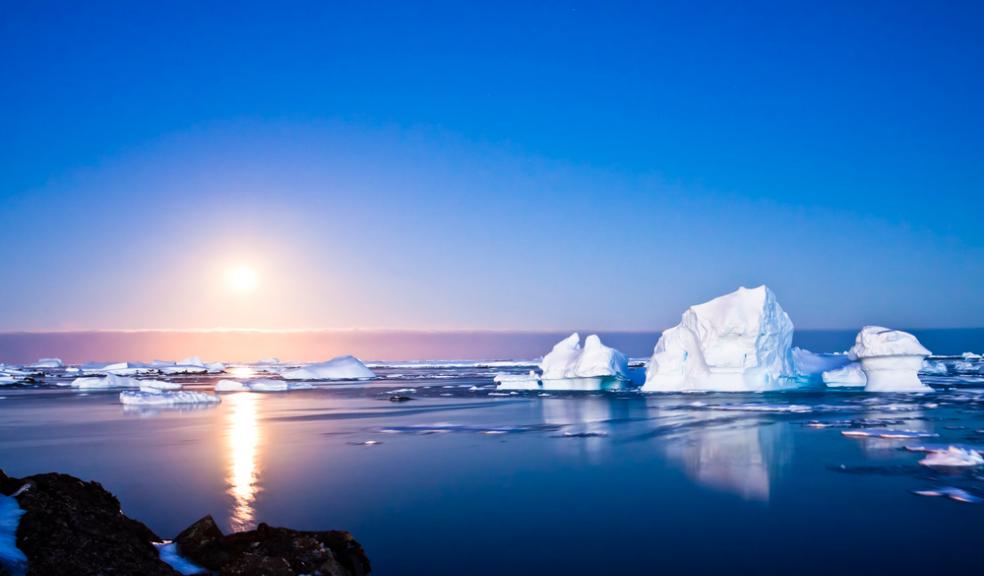
University's Explorer in Residence set for South Pole expedition
Plymouth University’s Explorer-in-Residence Antony Jinman has announced he will be travelling to the South Pole this winter for his latest educational expedition.
Antony, polar explorer and founder of Education through Expeditions, will fly to Antarctica in November for a 55-day, 700-mile solo trek to the Geographic South Pole.
The expedition will build on Antony’s successful 2010 North Pole expedition, and will enable him to introduce human biology and nutritional science into his school-based activities thanks to a research project delivered in partnership with academics and students from Plymouth University’s School of Biomedical and Biological Sciences.
During the expedition, Antony will be taking a series of measurements to discover what effect this type of endurance activity has on his body. On his return in January, he’ll be delivering a series of schools outreach events and talks both locally and nationally on his findings and experiences.
Dr Gail Rees, lecturer in human nutrition at Plymouth University, said: “Antony will be putting his body under enormous strain, requiring it to work efficiently and effectively in sub-zero temperatures and with limited nutrition in such isolated environments. His findings will enable us to study the impact undertaking such an activity in extreme surroundings will have on his body and nutritional health, and share this with young people in the classroom. This also aims to show our city’s young people the benefits of regular exercise and a healthy diet.”
Young people in schools both within Plymouth and nationally will be able to track the expedition in real time via the Education through Expeditions website at www.ETETeachers.org following Antony’s blog and asking him questions via the online discussion boards, all of which are supported by teaching resources and lesson plans for schools.
Antony’s expedition is being partly funded by the University. He said: “The aim of this expedition is to inspire and educate young people about the world, and encourage them to get involved in science as a career. For me, there is no greater reward than being able to pass on your experiences to the next generation, so they too can share and learn from those experiences.”
Antony and the Education through Expeditions team have already begun their work on the expedition logistics and preparing teaching resources for schools, and will soon be launching a campaign on website www.indiegogo.com to raise additional funds to support the expedition.
Professor David Coslett, Deputy Vice-Chancellor of Plymouth University, said: “We are delighted to support this exciting expedition as its education partner. As a University we are passionate about connecting young people with science using exciting and interactive methods. They will ultimately become the leaders and scientists of the future, and we wish Antony all the best for a successful expedition.”













